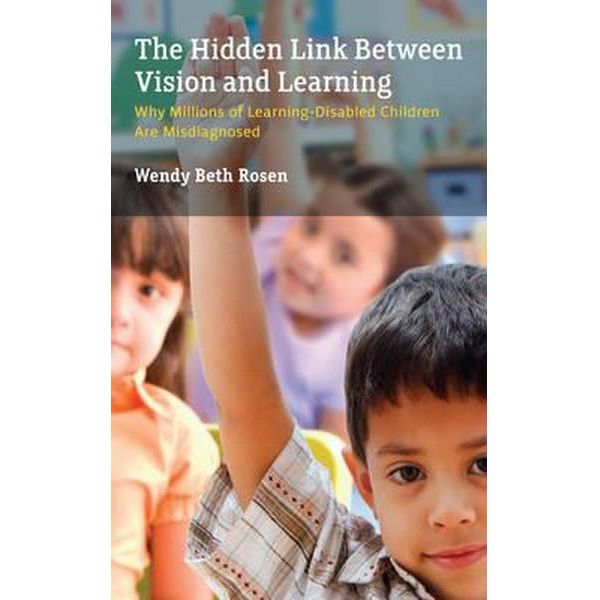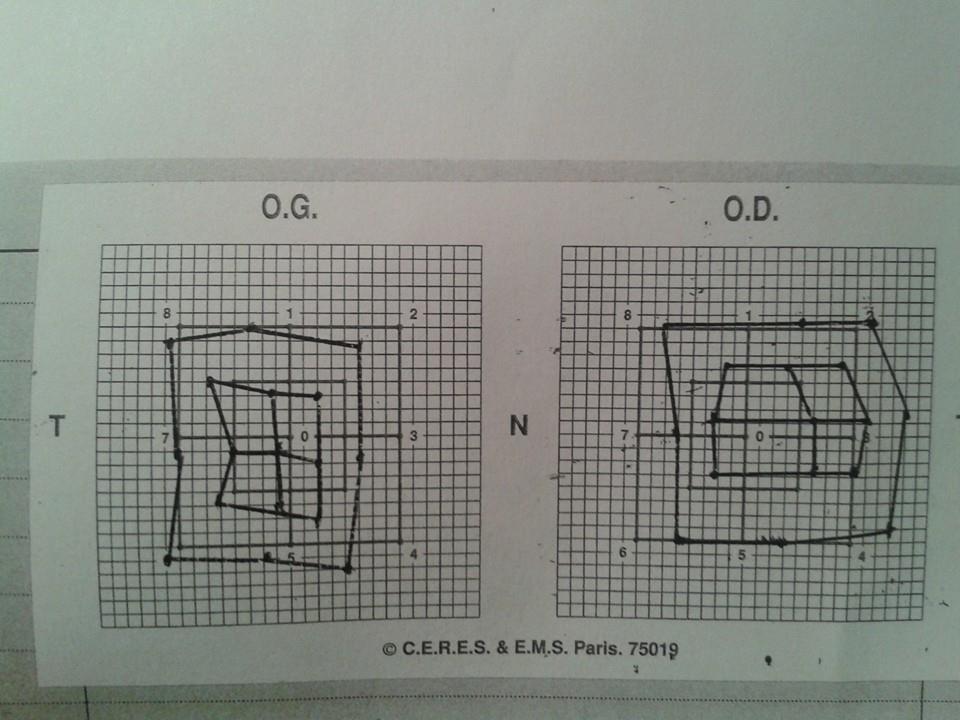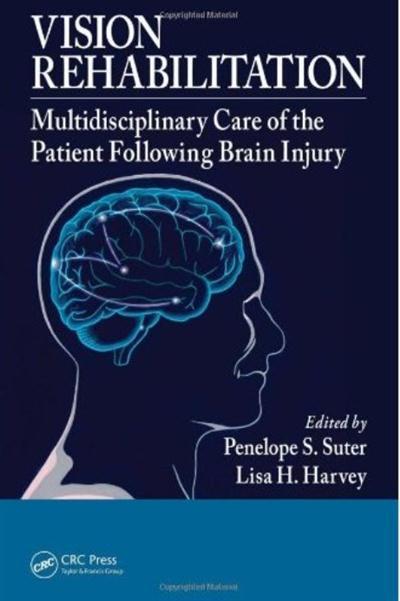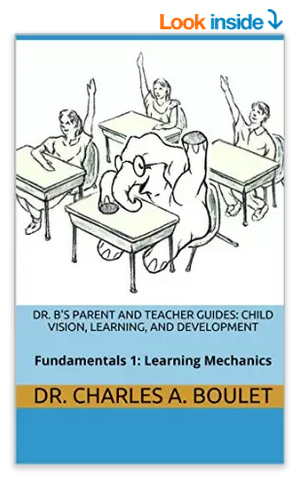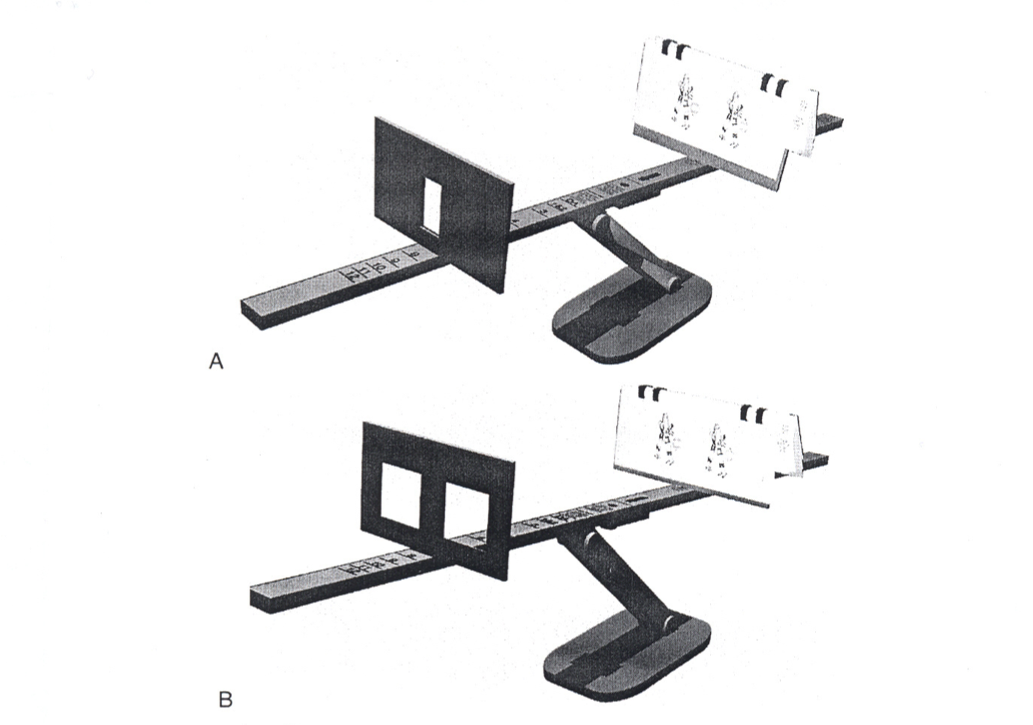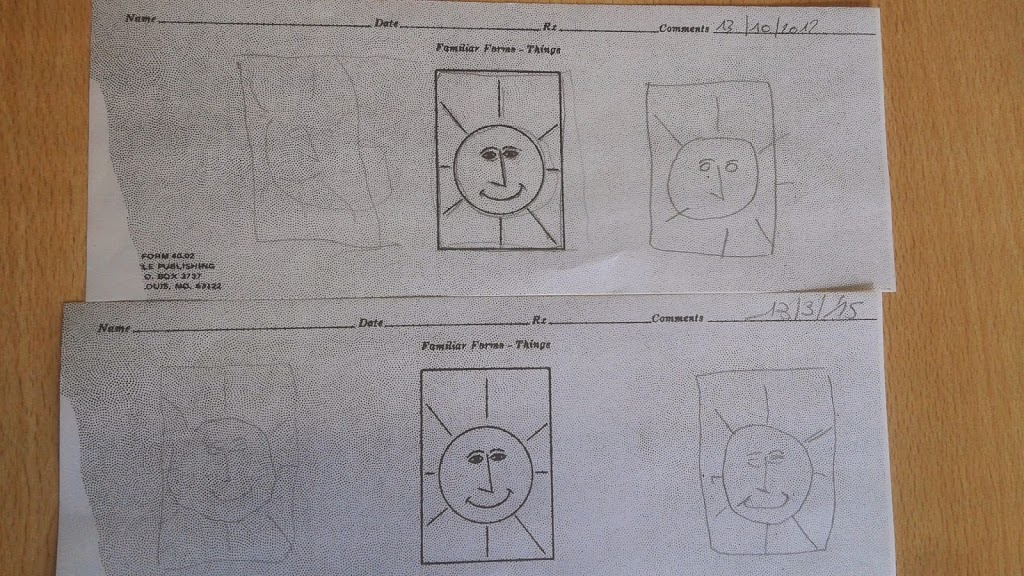“Our senses can’t learn under stress”
Having compromised sensory abilities can be very stressful and that in turn can impede rehabilitation or further development. Creating a climate of understanding conducive to sensory learning is thus of paramount importance. Read the entire article at: http://neurosciencenews.com/stress-learning-senses-5942/ "Stress is part of our everyday lives – while some thrive on it,…continue reading →
